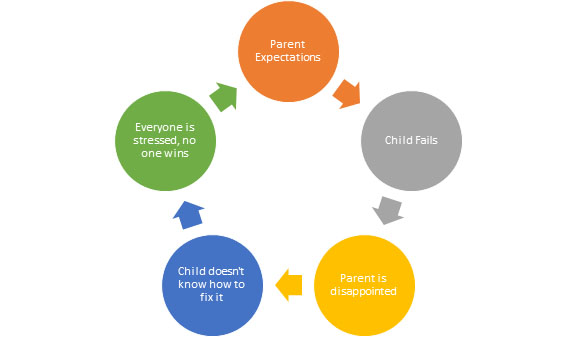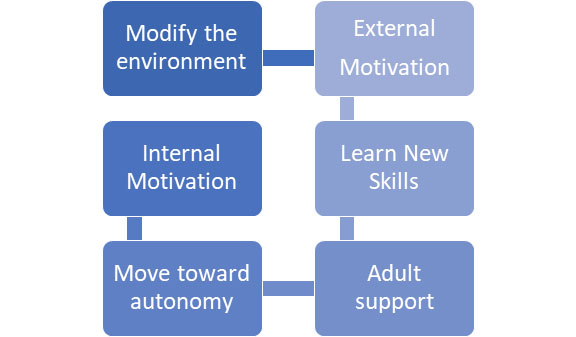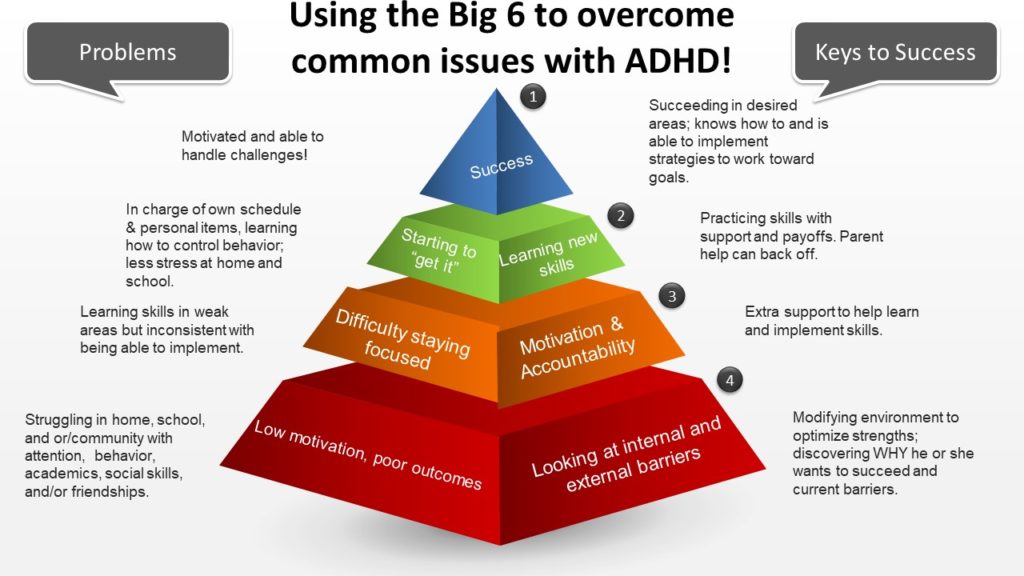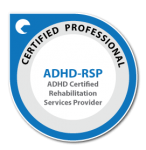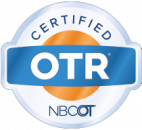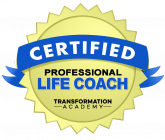What Our Clients Have to Say
"What you offer is invaluable!"
Michellemom of 16 year old
"I'm functioning better than I have in a while, and I now know how to maintain it."
20 year old client
"D is adjusting to 6th grade better than anticipated and I think a large part of that is due to your assistance-thank you!"
mom of a 6th grade boy

